The increasing use of mobile devices in the workplace has created a new set of challenges for employers regarding the privacy and security of their employees’ personal information. With the rise of remote work, employees are increasingly using their smartphones for work-related tasks. However, this raises the question of whether employers can see the browsing history on their employees’ phones.
While employers have a legitimate interest in ensuring that their employees are using company-owned devices for work-related purposes only, they must also respect their employees’ right to privacy. The legality of employers monitoring their employees’ browsing history on their phones is a complex issue that varies depending on the jurisdiction, the type of device being used, and the employer’s policies.
Overall, this article will provide a comprehensive overview of the issue of employers monitoring their employees’ browsing history on their phones, and help both employees and employers navigate the complex legal and ethical considerations surrounding this practice.
Is It Legal for My Employer to Track My Phone?
The legality of employers tracking their employees’ phones is a complex issue that varies depending on the jurisdiction, the type of device being used, and the employer’s policies. In some cases, employers may be within their legal rights to track their employees’ phones, while in other cases, such monitoring may be prohibited by law.
Employers may be able to track their employees’ phones if they obtain the employees’ explicit consent to do so. However, it is important to note that obtaining consent from employees may not always be enough to make such monitoring legal. In some jurisdictions, employees may have the right to revoke their consent at any time, which could create legal issues for employers who have already collected data.
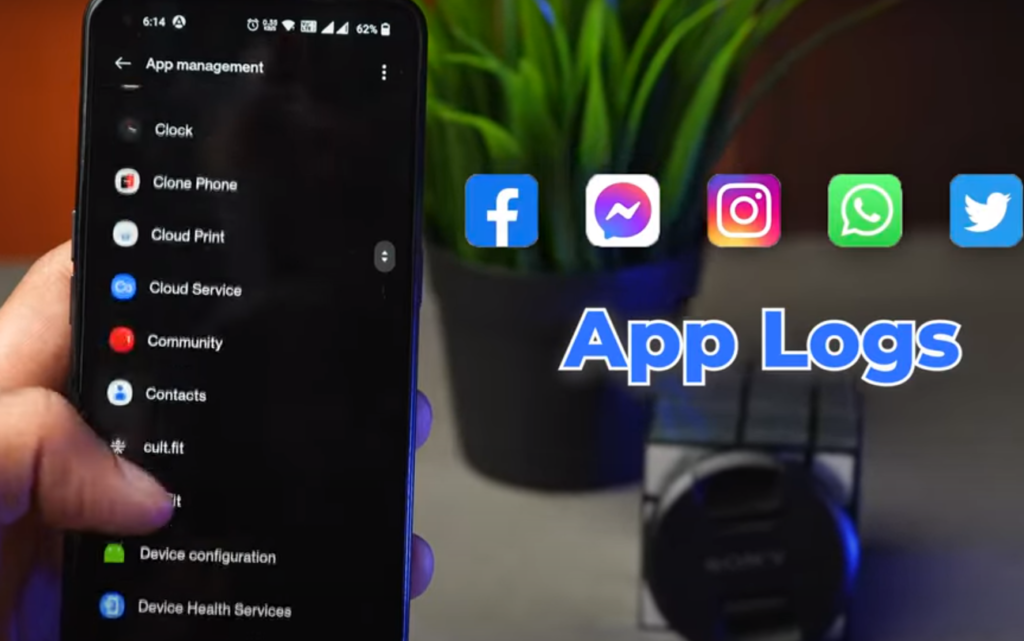
In addition, certain types of monitoring may be prohibited by law regardless of whether or not the employee has given consent. For example, in many jurisdictions, employers are not allowed to monitor certain types of personal information, such as an employee’s health information, religious beliefs, or sexual orientation.
Why Do Employers Monitor Activity on a Company Phone?
One of the primary reasons employers monitor activity on a company phone is to ensure that employees are using the device for work-related purposes only. This is particularly important in industries where sensitive information is involved, such as healthcare, finance, and legal services. By monitoring activity on company phones, employers can ensure that their employees are not using the device to access inappropriate or non-work-related content, which could compromise the security of company data.
Another reason employers monitor activity on a company phone is to monitor employee productivity. By tracking how employees are using their phones during work hours, employers can identify areas where productivity can be improved, and implement strategies to boost efficiency.
In addition, employers may monitor activity on company phones to ensure that employees are adhering to company policies and procedures. For example, an employer may monitor activity to ensure that employees are not engaging in discriminatory behavior or violating health and safety regulations.
Finally, monitoring activity on a company phone can help employers to identify potential security breaches or data leaks. By tracking which apps are being used and which websites are being accessed, employers can quickly identify any unusual activity that could indicate a security threat [2].
Why Your Employer Can See Your Browsing History?
There are several reasons why your employer may want to monitor your internet activity on your phone:
- One of the most common reasons is to ensure that you are using your phone for work-related purposes. If your employer is paying for your phone or reimbursing you for your data plan, they have a right to ensure that you are using your phone for work-related tasks and not wasting company time or resources;
- Another reason why your employer may want to monitor your internet activity is to ensure that you are not engaging in any illegal or unethical behavior. For example, if you are using your phone to visit illegal or inappropriate websites or to send inappropriate messages, your employer may have a responsibility to take action to protect the company’s reputation and ensure that their employees are behaving appropriately;
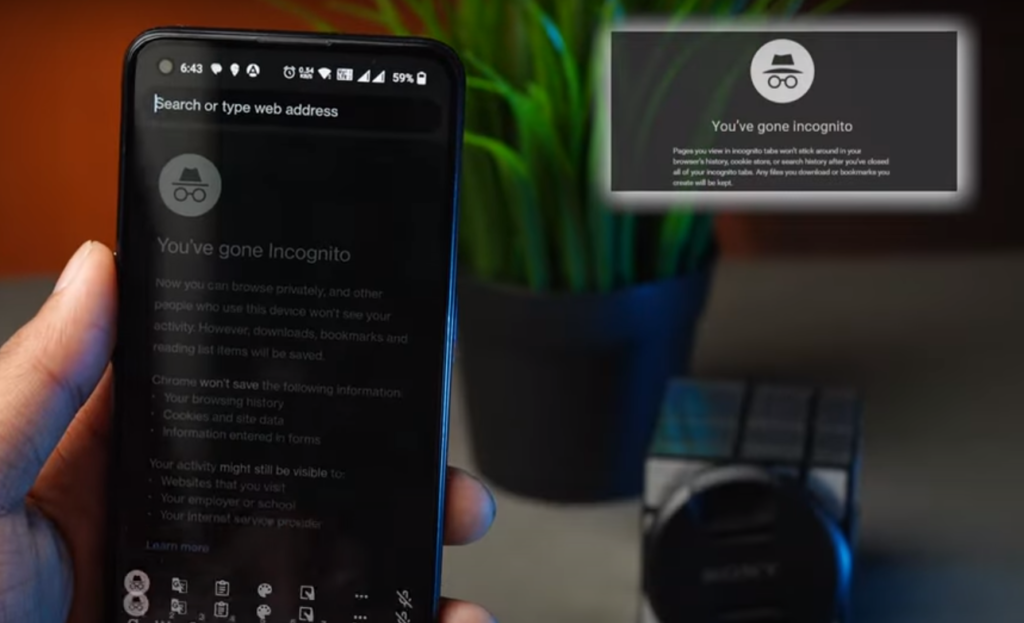
How Can My Employer Track My Internet Activity on My Phone:
Monitoring Internet Activity With an App
One way that employers can monitor their employees’ internet activity on their phones is by requiring them to install a monitoring app. These apps can track everything from the websites that employees visit the apps they use and the messages they send. Employers may use these apps to ensure that employees are using their phones for work-related purposes or to monitor their productivity.
While some employees may be uncomfortable with the idea of their employer tracking their every move, the truth is that installing a monitoring app is often a condition of employment. Employers have the right to set rules and guidelines for their employees, and if employees don’t like the rules, they are free to find employment elsewhere.
If you are required to install a monitoring app on your phone, it’s important to read the terms and conditions carefully before you agree to install it. Make sure that you understand exactly what information the app will be collecting and how it will be used. If you have concerns about the app, talk to your employer and ask for clarification.
Monitoring Internet Activity Through the Company’s Network
Another way that employers can monitor their employees’ internet activity on their phones is by monitoring their internet usage through the company’s network. When employees connect to the company’s Wi-Fi network, all of their internet activity can be tracked and logged. This includes the websites they visit, the files they download, and the messages they send.
While some employees may assume that using their data plan will protect them from monitoring, this is not necessarily the case. Many companies require their employees to connect to the company’s network for security reasons, and even if you use your data plan, your employer may still be able to monitor your internet activity if you access work-related materials or communicate with colleagues through the company’s network.
To-do Lists, Personal Notes, Call Log
While many employees may assume that their employer is only interested in monitoring their internet activity for work-related purposes, the truth is that employers may be able to access a wide range of information on their employees’ phones. This can include personal notes, to-do lists, and even call logs.
While employees have a right to privacy, it’s important to remember that when you use your phone for work-related purposes, you are using company resources. As such, your employer may have the right to access information on your phone that is related to your work.
WhatsApp Chats
In some cases, employers may require their employees to install a monitoring app that can track WhatsApp messages, while in other cases, employers may be able to access WhatsApp chats through the company’s network. Additionally, if an employee uses their work phone to communicate with colleagues or clients through WhatsApp, their employer may be able to access those messages as well.
While it’s important to respect your employer’s policies and guidelines for using company resources, it’s also important to remember that your WhatsApp chats may contain personal and private information. If you are concerned about your employer accessing your WhatsApp messages, it’s a good idea to use a personal phone for personal communications and to keep work-related communications separate. Protecting Your Privacy
While employers have the right to monitor their employees’ internet activity on their phones, employees still have the right to privacy. If you are uncomfortable with the idea of your employer tracking your every move, there are steps you can take to protect your privacy.
Another way to protect your privacy is to use a virtual private network (VPN) when connecting to the internet. A VPN can help protect your online activity by encrypting your internet connection and masking your IP address, making it more difficult for your employer to track your internet activity.
Finally, it’s important to be mindful of your internet activity and to avoid visiting inappropriate or illegal websites or engaging in inappropriate or unethical behavior online. By following your employer’s guidelines for internet usage and behaving appropriately online, you can help protect your privacy and maintain a positive relationship with your employer.
Position
It’s also important to consider your position within the company when it comes to internet monitoring. For example, if you are in a role that requires handling sensitive information or working with confidential data, your employer may have a greater need to monitor your internet activity to ensure that this information is being protected.
On the other hand, if you are in a role that does not involve handling sensitive information, your employer may be less likely to monitor your internet activity [3].

Can My Employer See My Browsing History On My Phone:
1) Read The Fine Print
When we sign up for a new phone or download apps, we often overlook the terms and conditions. However, it is important to read the fine print to understand what information we are sharing with our service providers. Most companies have policies in place that allow them to monitor employees’ internet activity on company-owned devices. However, the rules may not be as clear when it comes to personal devices.
Employers may request access to an employee’s phone or computer in certain situations, such as an investigation into misconduct or theft of company property. In these cases, they may be able to access the browsing history on the device. It is important to note that while companies may have the ability to access this information, it is not ethical to do so without just cause.
2) Master Work-Life Balance
It is important to maintain a healthy work-life balance, even when using technology. This can be challenging when we are constantly connected to our smartphones and other devices.
However, there are some steps you can take to help maintain this balance:
- First, establish boundaries for when you are available to respond to work-related communications. This could mean turning off notifications during non-work hours or setting specific times for checking and responding to emails. By establishing these boundaries, you can create a clear separation between work and personal time;
- Second, take breaks throughout the day to disconnect from technology. This could mean taking a walk outside, reading a book, or engaging in a hobby. By taking time to disconnect, you can recharge and reduce the risk of burnout;
- Third, consider using apps or tools that can help manage your time and reduce distractions. For example, some apps can help you stay focused by blocking certain websites or limiting the amount of time you spend on your phone;
3) Avoid Using A VPN
While using a virtual private network (VPN) can help protect your privacy and security online, it is important to avoid using a VPN on a company-owned device. This is because employers may view the use of a VPN as an attempt to hide internet activity, which could raise suspicion and lead to an investigation.
If you need to use a VPN for personal reasons, it is best to do so on a personal device. However, keep in mind that using a VPN does not guarantee complete privacy or security. VPNs can still be vulnerable to hacking and other security risks.
In addition to avoiding VPN use on company-owned devices, it is also important to use caution when accessing personal information on public Wi-Fi networks. These networks are often unsecured, which means that others may be able to access your information [4].
Can My Employer Monitor My GPS Tracking?
Your employer may be able to monitor your GPS tracking on your phone, depending on the security settings of the phone. You should check with your privacy policy or company guidelines to determine whether they are allowed to do this. If you have an employer-provided mobile device, they will likely have access to some of your location data as part of their monitoring system.
Additionally, if you use any applications that track your location (such as a fitness app), employers can monitor these if they wish. Your best course of action would be to ask about this in advance and make sure that you understand the terms and conditions under which any tracking takes place before using such applications.
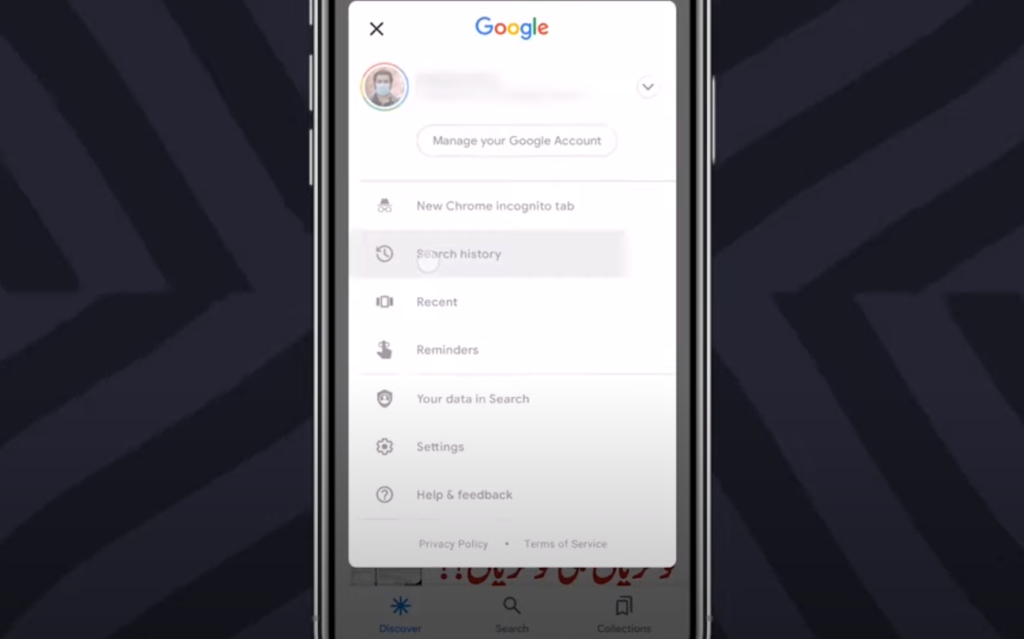
As always, you should use caution when transmitting any personal information over an unsecured connection and be sure that you understand what data will be visible or shared before connecting.
If your employer does decide to monitor your GPS tracking, they must inform you beforehand and follow the applicable laws regarding privacy to protect your rights as an employee.
Ultimately, by exercising caution and understanding the tech policies at your workplace, you can minimize the risk of employers accessing any of your sensitive information.
How Should You Use Your Business Phone:
Using It for Internet Access
One of the primary uses of a business phone is to access the internet. With the widespread use of smartphones, it is now possible to access the internet from virtually anywhere, making it easier to stay connected and productive while on the go.
For business owners and employees, using a business phone for internet access can be beneficial in several ways:
- First, it enables access to critical information such as emails, documents, and other business-related materials;
- Second, it allows for remote work, allowing employees to work from any location with an internet connection;
When using a business phone for internet access, it is essential to ensure that the device is secured against cyber threats such as hacking, phishing, and malware. Business owners should consider using a virtual private network (VPN) to encrypt their internet traffic and protect their data from prying eyes.
Using It for Social Media
Social media has become an essential part of modern-day business, with many businesses using platforms such as Facebook, Twitter, and LinkedIn to connect with customers and promote their brands. As such, using a business phone for social media is an excellent way to stay connected with customers and stay up-to-date with industry trends.
However, it is important to remember that social media can be a time-consuming activity, and business owners should set aside specific times each day to check and respond to social media notifications. Additionally, businesses should be cautious when sharing sensitive or confidential information on social media platforms, as this information can be easily accessed by unauthorized individuals.
Using It for Email
An email is a critical tool for businesses, allowing for quick and efficient communication between team members, customers, and other stakeholders. Using a business phone for email allows for increased productivity and flexibility, as employees can respond to emails from anywhere and at any time.
To ensure that emails are secure, businesses should consider using an encrypted email service and enabling two-factor authentication for email accounts. Additionally, businesses should ensure that employees are trained on email security best practices to reduce the risk of phishing attacks and other cyber threats.
Using It for Calls
Finally, using a business phone for calls is an essential part of daily business communication. Whether it is making sales calls, customer service inquiries, or internal team communication, having a reliable phone system is critical for success.
Businesses should consider using a cloud-based phone system, which allows for increased flexibility and scalability. With a cloud-based phone system, businesses can add or remove lines as needed, and employees can make and receive calls from anywhere with an internet connection.
To ensure that calls are secure, businesses should also consider using a virtual private network (VPN) to encrypt their phone traffic and protect their data from cyber threats.
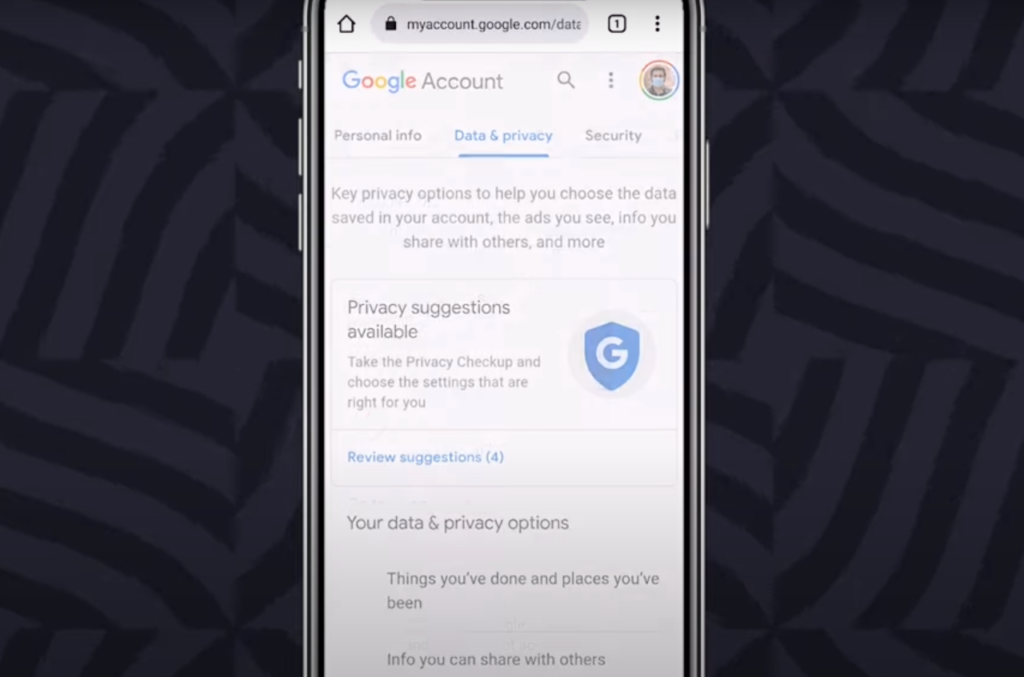
What Does a Corporate VPN Connection Do?
Here’s what a corporate VPN connection does:
- Secure connection: It establishes a secure, encrypted tunnel between the employee’s device and the corporate network, preventing unauthorized access to sensitive data;
- Remote access: It allows employees to securely access corporate resources such as files, applications, and databases from outside the office or while traveling;
- Access control: It enforces access control policies, ensuring that only authorized personnel can access sensitive data;
- Privacy protection: It protects the privacy of corporate communications by encrypting them, preventing eavesdropping by hackers or other third parties;
- Geolocation masking: It hides the physical location of the employee, making it difficult for cybercriminals to identify and target them [5];
Can My Internet History Be Seen When I Use a Corporate VPN:
Using Your Employer’s Computer
If you’re using your employer’s computer to connect to a VPN, you should assume that your internet history can be seen. When you use a company computer, you’re using company resources, and your employer has the right to monitor your activities on that computer.
Even if you’re using a personal account on the computer, your employer can still access your internet history through the VPN. This is because the VPN connection is established through the company’s network, and all traffic passing through the network can be monitored.
It’s important to note that your employer may not be actively monitoring your internet activity. However, if they suspect that you’re engaging in any activities that could be harmful to the company, they may access your internet history to investigate.
Using Your Computer
If you’re using your personal computer to connect to a corporate VPN, your internet history can still be seen. This is because your internet traffic passes through the company’s network, and they can monitor this traffic.
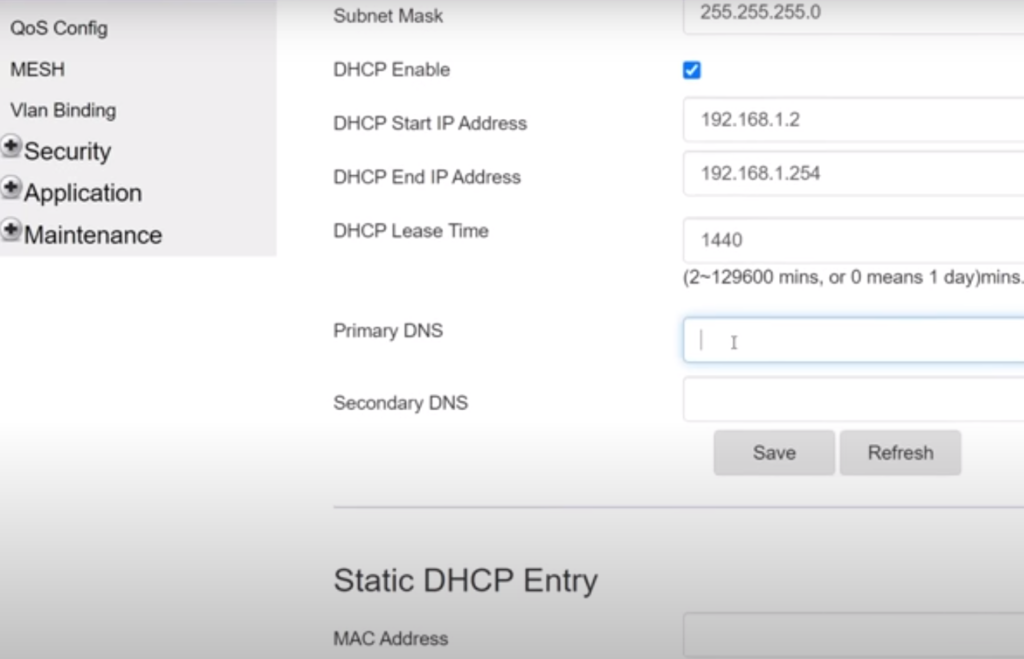
It’s also important to note that some companies have policies in place that prohibit the use of personal devices to connect to their VPN. If this is the case, you should not attempt to connect to the VPN using your personal computer.
FAQ:
- Can my boss see what websites I visit?
If you are using a work computer or the company’s network, your boss may have access to your browsing history. Employers can install monitoring software or use web filtering to track and restrict the websites their employees visit. Additionally, your internet activity may be recorded in the company’s server logs, which can be accessed by IT personnel.
- Can my employer see what websites I view if I’m not on their WiFi?
If you are using a personal device and a personal internet connection, your employer cannot see your browsing history. Nevertheless, if you are using a company device or a company-provided VPN, your employer may still be able to monitor your internet activity.
- Can my boss read my email?
If you are using a company email account, your employer may have access to your emails. Employers can monitor email communication for security and compliance purposes. However, if you are using a personal email account, your employer cannot access your emails without your permission.
- Can my boss read my text messages?
If you are using a company-issued phone, your employer may have access to your text messages. Employers can monitor phone usage and access text messages for security and compliance reasons. If you are using a personal phone, your employer cannot access your text messages without your permission.
- Can my boss read my Slack messages?
If you are using Slack on a work computer or a company network, your employer may have access to your Slack messages. Employers can monitor instant messaging and other forms of electronic communication for security and compliance purposes [6].
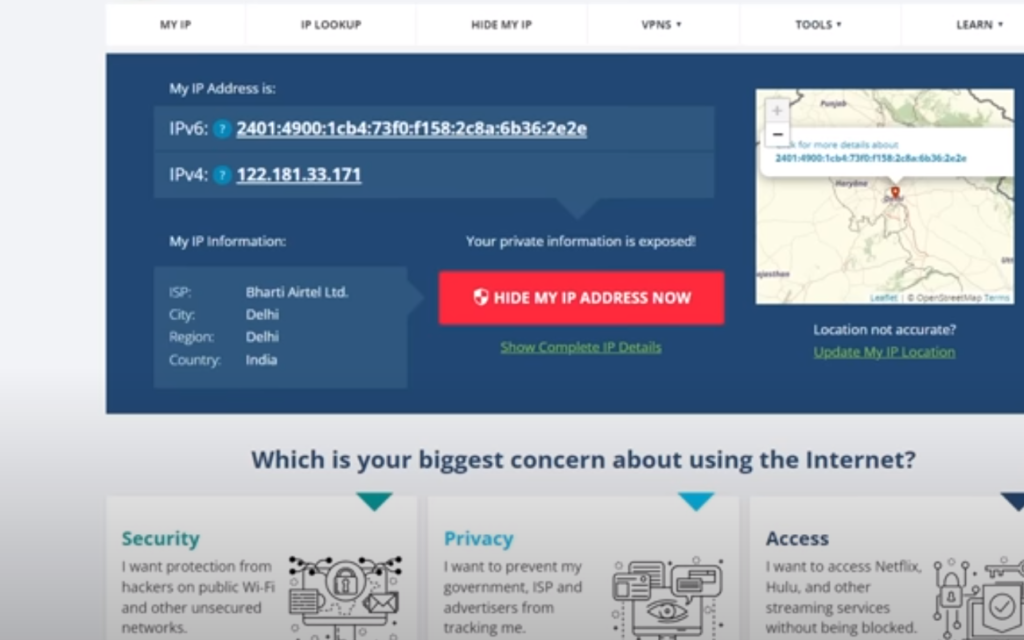
- Can my boss, manager, or the IT department see my passwords?
Your boss, manager, or IT department should not be able to see your passwords unless you share them with them or they are saved in an unsecured location on your work computer. But, they may have the ability to reset your password or access your accounts if necessary for work-related purposes.
- Can my boss or manager see what websites I visit on my phone at work?
If you are using your phone on the company’s network, your employer may have the ability to monitor your internet activity. It is important to review your company’s internet usage policy to understand what is permitted and what is not.
- Can my employer control my computer remotely?
Your employer can control your computer remotely if they have installed remote monitoring or management software. This software can give your employer access to your computer screen, files, and activity.
- Can my employer read text messages on a company phone?
Yes, your employer may have the ability to monitor your text messages on a company phone. It is important to review your company’s communication policy to understand what is permitted and what is not.
- Can employers read text messages on a personal phone?
Employers generally cannot read text messages on a personal phone, unless the phone is connected to the company’s network or has company-monitoring software installed on it.
- What should I avoid storing on my work computer?
It is recommended that you avoid storing personal or sensitive information on your work computer, including financial information, personal passwords, or confidential work documents.
- How can I prevent my boss from seeing my internet history?
You can use a private browsing mode or a virtual private network (VPN) to prevent your boss from seeing your internet history. However, it is important to review your company’s internet usage policy to understand what is permitted and what is not.
- Can my employer see my browsing history in incognito mode?
The incognito mode only prevents your browsing history from being saved on your device. Your employer may still be able to see your internet activity if they are monitoring your network or computer usage.
- Can an employer see my browsing history on my private WiFi?
If you are using your private WiFi network, your employer should not be able to see your browsing history unless they have installed monitoring software on your computer or network.
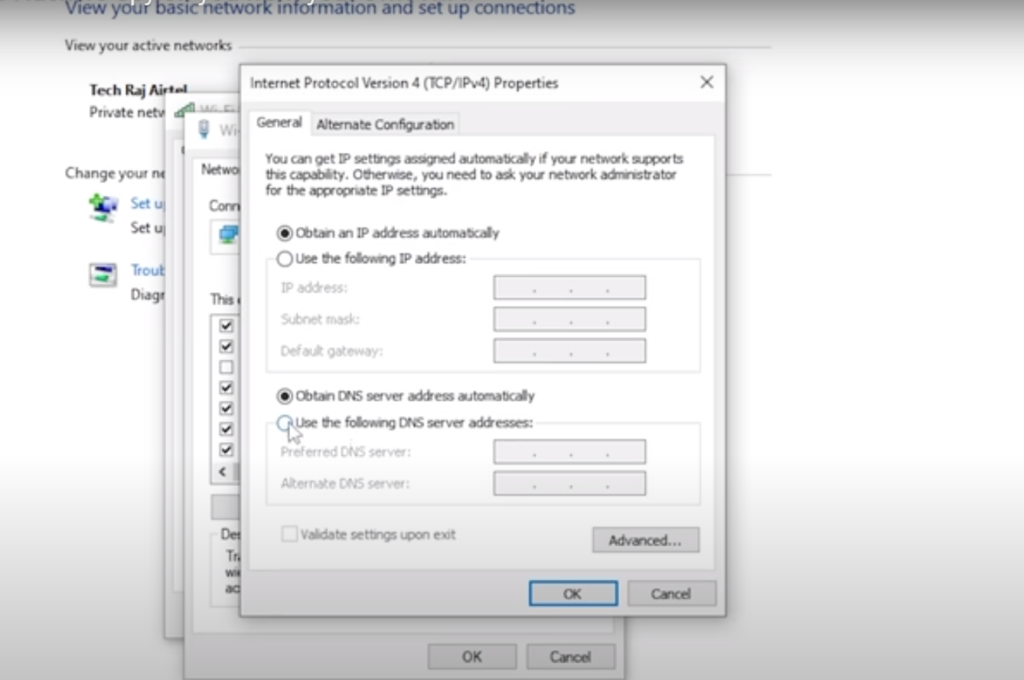
- Can my employer see my Google search history?
If you are using a company computer or phone, your employer may be able to see your Google search history. However, if you are using your device and network, they should not be able to access this information.
- How do I hide my browsing history from my employer?
You can use a private browsing mode, a virtual private network (VPN), or a proxy server to hide your browsing history from your employer. However, it is important to review your company’s internet usage policy to understand what is permitted and what is not.
- What can my employer see on my phone?
If you are using a company phone, your employer may be able to monitor your phone activity, including phone calls, text messages, and internet activity.
- Can the person who owns your phone see your search history?
If you are using your phone, the person who owns the phone may be able to see your search history if they have access to your phone or if you are logged into a shared account, or if your search history is synced to a shared device, such as a family computer. It is important to take steps to protect your privacy, such as using a private browsing mode or clearing your search history regularly.
- Can browsing history be deleted permanently?
Browsing history can be deleted permanently by clearing your browser history and cache or using a privacy-focused browser that automatically deletes your history after a certain period. However, it is important to note that your employer may still be able to access your browsing history if they are monitoring your network or computer usage.
- How can I tell if my computer is being monitored at work?
Signs that your computer may be monitored at work include slower-than-usual performance, unexplained changes to settings or software, or the presence of monitoring software or remote access tools. If you suspect that your computer is being monitored, it is important to speak with your IT department or HR representative to address any concerns [7].
- What can my employer see if I use their WiFi on my phone?
If you are using your employer’s WiFi on your phone, your employer may be able to monitor your internet activity, including websites visited and data usage.
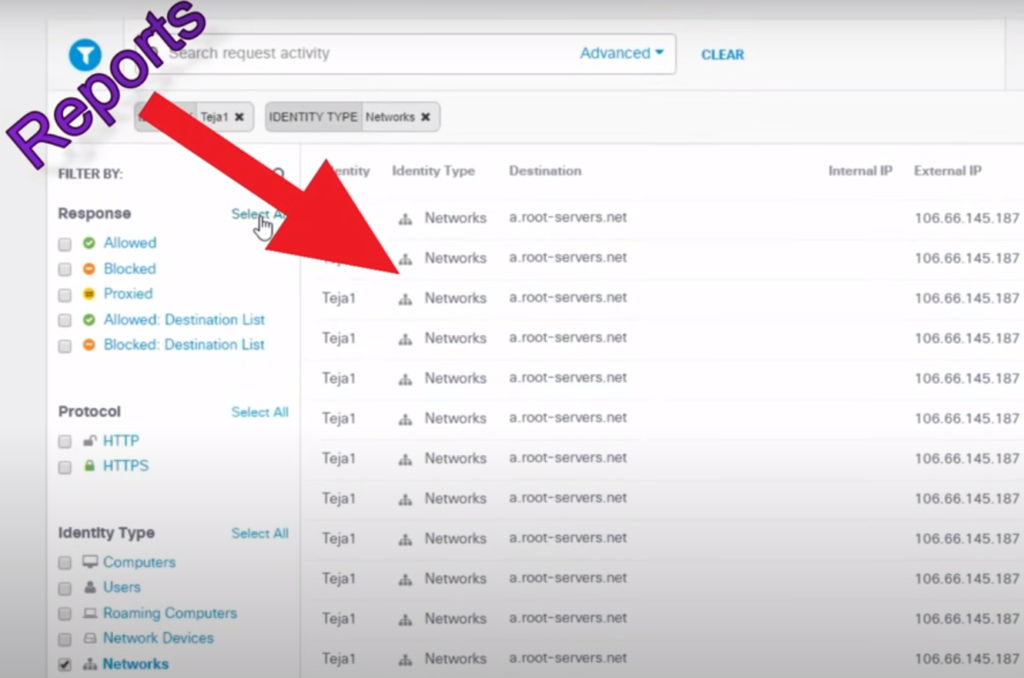
- Can your employer spy on you at home?
Your employer generally can’t spy on you at home unless you are using company equipment or accessing company resources from home. It is important to review your company’s remote work policy and ensure that you are following any guidelines or restrictions.
- How do I know if someone is viewing my computer remotely?
Signs that someone may be viewing your computer remotely include unexplained mouse movements or cursor changes, windows opening or closing on their own, or the presence of remote access software or tools. If you suspect that someone is viewing your computer remotely, it is important to speak with your IT department or HR representative to address any concerns.
Useful Video: Can A WiFi Owner See Your Browsing History?
References:
- https://nanoglobals.com/can-boss-see-my-browsing-history/
- https://www.wiredtitan.com/can-my-employer-see-my-browsing-history-on-my-phone/
- https://whatsabyte.com/can-my-employer-see-internet-activity-on-my-phone-explained/
- https://techround.co.uk/vpns/can-my-employer-view-my-browsing-history/
- https://www.softwarehow.com/employers-see-internet-history-home/
- https://www.calendar-canada.ca/faq/can-my-employer-see-my-browsing-history-when-im-not-on-their-network
- https://www.komando.com/privacy/can-your-employer-see-everything-you-do-on-your-devices/588062/





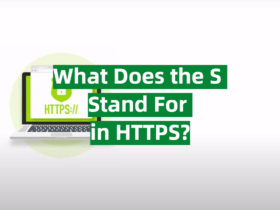

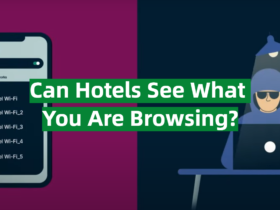
Leave a Reply